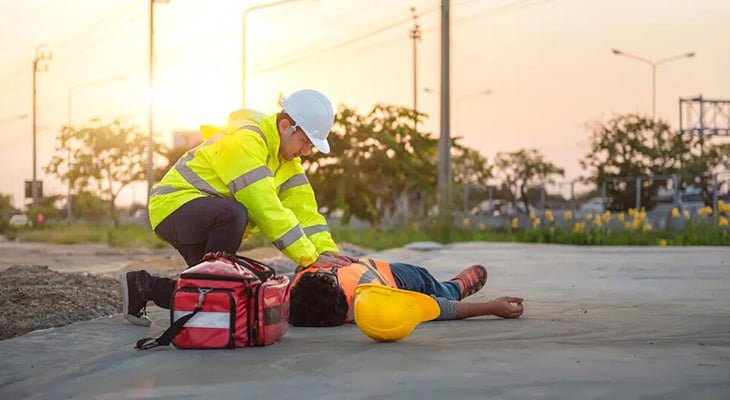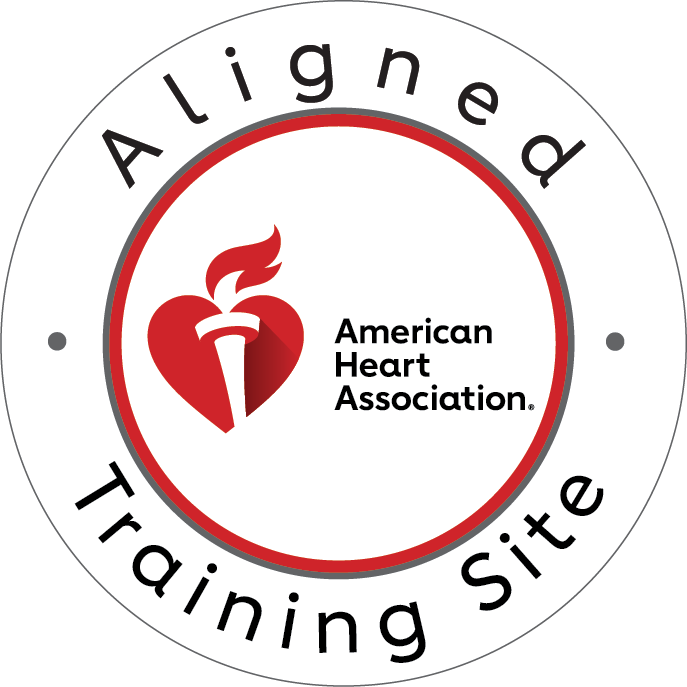The Critical Moments: Why Every Second Counts
When cardiac arrest strikes, the countdown begins. Within mere minutes, irreversible brain damage can occur without proper intervention. For medical providers, understanding and mastering the intricate chain of survival isn’t just about professional compliance—it’s about being the decisive factor between life and death.
Recent studies reveal that for every minute without CPR and defibrillation, survival rates drop by 7-10%. However, when immediate, high-quality CPR is initiated by trained healthcare professionals, survival rates can triple. This stark reality underscores why maintaining current, advanced CPR certification isn’t just a requirement—it’s a critical responsibility.
Beyond Basic Life Support: The Evolution of Resuscitation Science
The landscape of resuscitation medicine is continuously evolving. The 2020 American Heart Association Guidelines introduced pivotal changes that every healthcare provider must master:
- Enhanced focus on early recognition and response to deteriorating patients
- Updated compression-to-ventilation ratios for different age groups
- Refined protocols for post-cardiac arrest care
- Integration of new technologies in resuscitation
Understanding these updates isn’t just about compliance—it’s about delivering optimal patient care based on the latest evidence-based practices.
The Hidden Complexities of Professional Resuscitation
While basic CPR principles remain constant, professional healthcare providers face unique challenges:
Team Dynamics in Crisis Situations
Success in resuscitation efforts often hinges on effective team coordination. Studies show that teams with regular, updated training demonstrate:
- 40% faster response times
- 60% better adherence to protocols
- Significantly improved patient outcomes
Advanced Airway Management
Modern resuscitation protocols require sophisticated airway management skills that must be regularly practiced and updated. This includes:
- Proper bag-mask ventilation techniques
- Advanced airway device placement
- Coordination of compressions with mechanical ventilation
Medication Administration Protocols
Understanding the timing, dosing, and administration of emergency medications can be complex. Recent updates have modified several key protocols, making current training essential.
The Impact of Quality Training on Patient Outcomes
Research published in the Journal of Emergency Medicine demonstrates that healthcare providers who receive hands-on, scenario-based training show:
- 45% improvement in compression quality
- 30% reduction in time to first shock delivery
- 25% increase in successful resuscitation rates
These statistics highlight why choosing the right training provider is crucial for healthcare professionals.
Common Pitfalls in Professional Resuscitation
Even experienced healthcare providers can fall into common traps during resuscitation efforts:
- Interrupting compressions for longer than recommended
- Inadequate compression depth due to fatigue
- Delayed defibrillation while performing other interventions
- Poor team communication during critical moments
Regular, high-quality training helps identify and correct these issues before they impact patient care.
Advanced Certification: More Than Just a Requirement
For healthcare providers, maintaining current certifications in BLS, ACLS, and PALS isn’t just about meeting job requirements. It’s about:
- Mastering the latest evidence-based protocols
- Developing muscle memory for critical skills
- Building confidence in crisis situations
- Networking with other healthcare professionals
- Learning from experienced instructors with real-world expertise
The Advantage of Hands-On, Stress-Free Learning
Traditional certification courses can be rigid and anxiety-inducing. However, research shows that healthcare providers learn best in environments that:
- Encourage questions and discussion
- Provide ample hands-on practice time
- Offer realistic scenarios
- Create supportive learning atmospheres
- Allow for personalized feedback
Technology Integration in Modern CPR Training
Modern CPR training has evolved to incorporate advanced technology that provides:
- Real-time feedback on compression quality
- Detailed performance metrics
- Simulation of various emergency scenarios
- Digital documentation of skill completion
- Interactive learning platforms
Making the Right Choice for Your Certification Needs
When selecting a CPR training provider, healthcare professionals should consider:
- American Heart Association certification
- Experienced instructors with healthcare backgrounds
- Convenient scheduling options
- State-of-the-art training equipment
- Comfortable learning environment
- Post-course support
Your Next Step in Professional Excellence
The choice of where to receive your CPR training impacts not just your certification status, but your ability to perform when it matters most. CPR Tampa offers healthcare providers a superior training experience that combines:
- American Heart Association certification
- Expert instructors with real-world experience
- State-of-the-art training equipment
- Stress-free learning environment
- Flexible scheduling options
- Comprehensive support throughout your certification process
Call to Action
Take the next step in advancing your professional capabilities. CPR Tampa provides the highest quality BLS, ACLS, and PALS certification courses in the Tampa area. Register today for your certification or renewal course and experience the difference that quality training makes.
Visit our website or call us at [727-240-9404] to schedule your training. Classes fill quickly, so secure your spot now and join the countless healthcare professionals who have chosen CPR Tampa for their certification needs.





